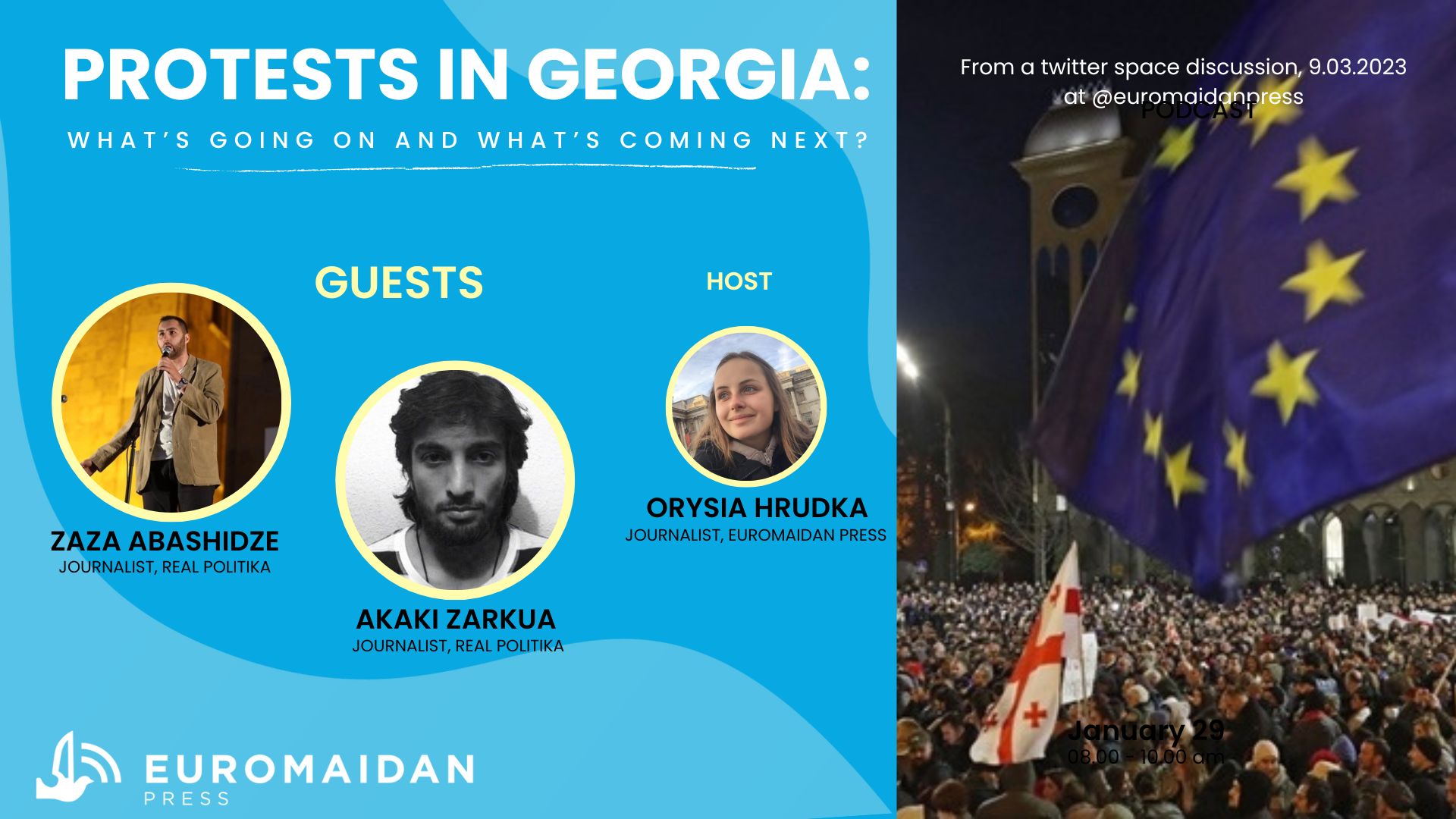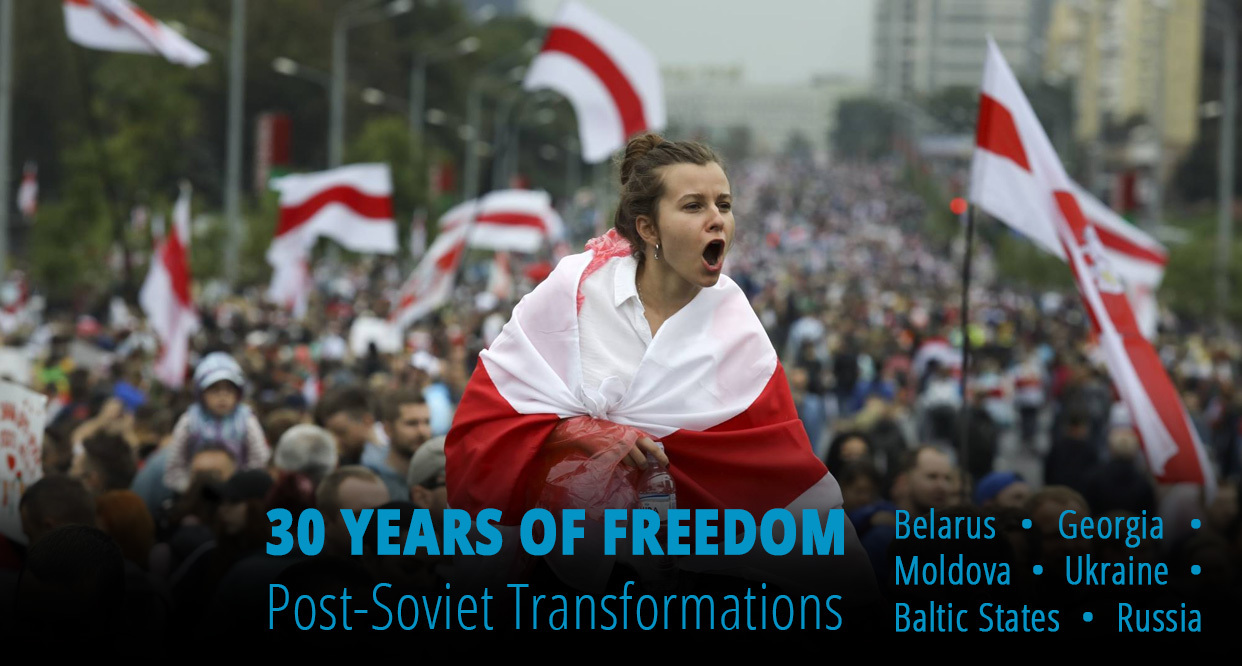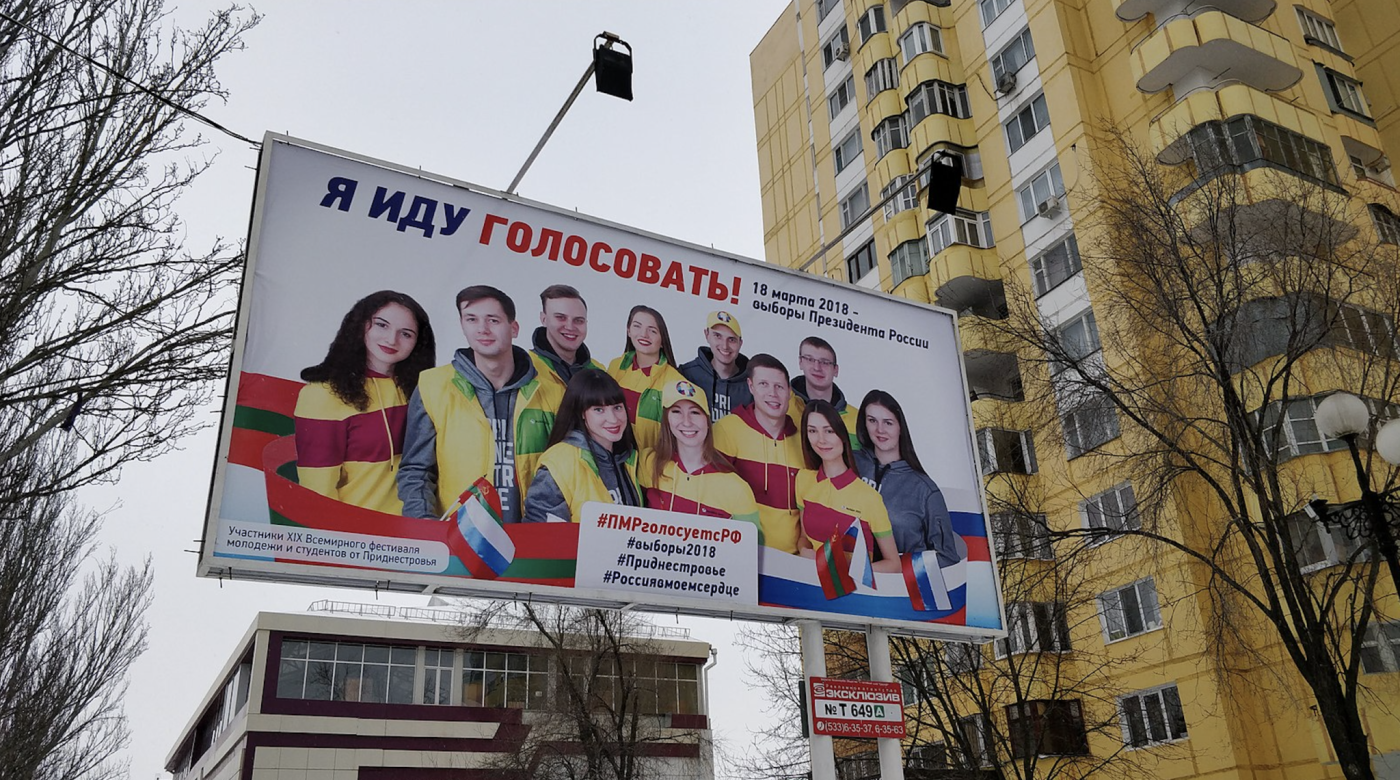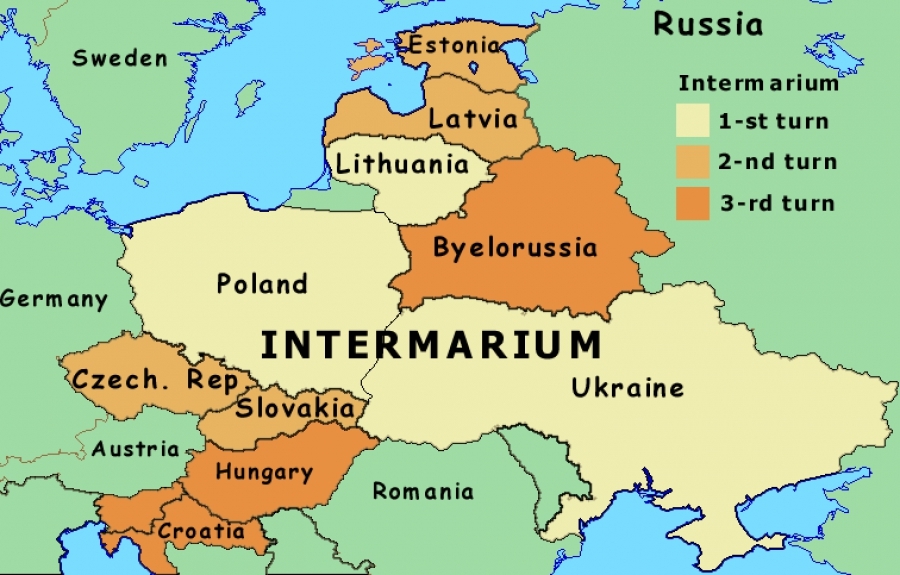Euromaidan Press' Orysia Hrudka talks to Georgian journalists Zaza Abashidze and Akaki Zarkua of RealPolitika.ge to find out what is happening in Georgia and what we can expect.
The current protests in Georgia started three days ago against the "Law on Foreign Agents," which is similar to the law in Russia and considered anti-democratic. The news about the law led to widespread anger and demonstrations. The Georgian Civil Society is suspicious of the government, and protests continue. The Georgian Dream, the ruling party, is now trying to withdraw the bill, but many believe it's not enough as the red line was crossed. The use of brutal force against demonstrators has been recorded, and the situation remains tense. The law on foreign agents is seen as an attempt by the Georgian government to change the course of the country toward the Kremlin, which is worrying for Georgia. The law is still a concern, and the consequences could be detrimental to the country. Protests are expected to continue, and the spirit of the demonstrations will likely stay in the country, leading to a big problem for the government.
Here is an abridged transcript of the conversation that took place in a Euromaidan Press twitter space on 9 March 2023. Follow our twitter to be informed about the next spaces and take part in them.
EP: Hello, my name is Orysia Hrudka, and I'm a journalist at Euromaidan Press. Today we will talk with our colleagues Zaza Abashidze and Akaki Zarkua from the Georgian media outlet RealPolitika.ge, which is based in Tbilisi. We will be discussing the current protests in Georgia. The protests started three days ago against the law on "foreign agents," which is very similar to the same law in Russia and is obviously anti-democratic. Thousands of people have come out to the streets, and there have been some clashes with the police. More than a hundred people were detained. Today there was also news about the Georgian Parliament withdrawing the law, but at the same time, the Georgian civil society is quite suspicious of the government and says that the protests will continue.
Zaza, could you please tell us what's currently going on in Tbilisi as well as other Georgian cities?
Three days ago, the ruling party in Georgia, the Georgian Dream, secretly adopted a law similar to the Russian law against foreign agents. This led to huge demonstrations in Tbilisi, and it was the biggest demonstration in recent years. Yesterday, Georgian Special Forces used brutal force against demonstrators, beating peaceful demonstrators, journalists, women, men, and children. Today, there is another big demonstration, and we are waiting for the final answer from the Georgian Dream regarding this law. It is a clear sign that the Georgian government is trying to change the course of the country, and it is looking to the Kremlin side. The situation is similar to what happened in Ukraine in 2013 and 2014, and while I cannot predict the future, I believe these demonstrations will help bring changes in my country.
To add to that, everyone in Georgia is calling the Georgian Dream members traitors. This law was a red line for the vast majority of Georgian society, and while Georgian Dream is trying to withdraw it, everyone believes it is not enough. These demonstrations will continue, and even if they end, the spirit of the demonstrations will stay in the country, which will be problematic for our government.
EP: Could you tell us a little bit about the law on foreign agents and what could be the detrimental consequences of this? Or is it not relevant anymore, and are you 99% sure that it will not be implemented?
I'm not relaxed, and I think Georgian society is not relaxed because in the past, Georgian Dream made some commitments, and they did not fulfill them. So we know this experience, and we have to be ready for resistance. This law is very similar to what was adopted in Russia in 2012, even though, at first, it was quite different from today's law, which is used in Russia. But the signs are frightening for us, and we are not relaxed. The Georgian Dream members are saying that we only need this transparency, and we are not going to involve in the daily work of the Georgian CSOs, media, etc. But we knew this narrative from Putin's Russia. They also completed these messages. For example, the head of the Georgian Dream said that there are agents in different areas, such as the economy or economics, for example. Or they are using the word "agent." So, this problem is similar to what Putin was saying. For me, I think we need to continue this process because I don't trust my government. I don't trust Georgian Dream. They are always trying to lie to us. This protest and resistance must continue because there are some problems. With Arc joining in the beginning, it looks like the problem is still there.
EP: Yes, there are obviously similarities and also major differences. Your president has supported the protesters and said that she will impose a veto on that law. But, as I understand, according to Georgian law, the Parliament can overcome this veto. So, is it really a clash between the Georgian society and the parliament, and is the president really on the people's side, or is it just some kind of play? How can you explain this?
It's difficult to comment on our president's actions because she makes different decisions from time to time. Currently, I think she supported Georgian people and our EU integration. However, her support is mostly moral, as she doesn't have any real power. The veto will be thrown after a week, so it's not a significant change. Nevertheless, it's nice to hear some good words from our president.
The Georgian people's choice is clear, and it's the European Union. According to recent surveys, 85% of Georgian society supports EU integration. The support is widespread, including sportsmen, actors, activists, and many more people. Georgian society is actively against the new bill, and the government is on the other side. This is not common in Georgia, as in the past, Georgian society was not as active. It's motivating to see the new generation of Georgians actively protesting and supporting EU integration.
There are a lot of people behind the protests, including new leaders, groups, and NGOs that are leading the projects. This movement can give rise to strong Georgian opposition. It's strange that there is no clear leader from the oppositional side, CSOs, or the media. But it's not necessarily bad because Georgian politics are fragmented, and this configuration is working for now. It's a challenge that oppositional members and parties should think about and try to change.
Georgian politics is facing a crisis as there are no clear leaders in the opposition, and it's hard to make changes without them. The fragmented groups are working together for now, but changes are necessary, and it's essential to have clear leaders in the oppositional side to make them. The protesters are not only against this law but also against Russian influences in Georgia. Georgian society is actively supporting EU integration and moving away from Russian influences.
Georgian society aspires to move towards the EU and further away from Russian influences. The aspirations are clear, and there are a lot of posters against Russian influences and supporting the EU during protests. It's vital for Georgians to have a clear path toward the EU and away from Russian influences to make significant changes.
EP: I would also like to ask about the people who are detained. What do you know about what's happening to them now and for how long? I understand there were almost 130 persons detained.
Around 200 activists and politicians have been arrested, and most of them have been beaten by Georgian Special Forces. This is a new development. We know that Georgian Special Forces have violated laws before, but now they made it very clear and they were beating activists and politicians in front of cameras, in front of journalists. They also beat some journalists. So, now the prisons are full, there are 200 people in prison, and we still don't know what the final decision will be. I think at some point they will be released, but this is also a new sign that the brutality from the Georgian government will continue. That's my perception, but I don't know if I'm exaggerating.
Basically, one of Georgia's main opposition leaders is allegedly detained and allegedly beaten. Even the public defender of Georgia, who is not really an opposition figure, but rather leaning towards the ruling party, said that he was beaten on the face, so he may need hospitalization. This is not something new, but it really didn't happen in Georgia for a very long time. The aggressive attitude of the Special Forces and policemen is to project strength and intimidate people to come out to protest. Many of them are now detained and we don't know what will happen to them. Maybe some prosecutions will also be initiated by Georgia's government. I have a feeling that the Georgian forces will use force today also because I have a feeling that today will be a big demonstration, and I'm planning to go there. So, I think it is not over yet. There will be more prisoners and there will be more beaten people, unfortunately. Let's see what happens today because we have had the past two days of experience.
It's obvious that their attitudes become more and more aggressive by days, and it worries me a lot. It's like they are acting like Russian OMON and it's not a good sign.
We don't know what the outcome will be yet, but we will keep following what's going on in Georgia. We have a question from Matthew: Was your government actually democratically elected?
It's a difficult question. They came to power basically democratically. They were elected in 2012, and the government changed. But in the last elections, there were major questions about the legitimacy and the accounting process. Also, after that, we had local elections where basically, if you look at the assessment of international missions or CE and others, you will see there is a bad, really bad assessment of Georgia's elections.
Georgia's opposition won in some of the biggest cities in Georgia, but the government managed to basically roll out the vote counts and they installed their Mayors by force. If you take the latest parliamentary election, which was three years ago, 2020, well, it was not free. I was in Georgia at the time, and I knew all the things about how Georgian Dream won those elections. They used huge money, they used a shaming campaign against opposition, they used criminals, they falsified the numbers in election numbers and they used all these tricks. So, formally, the elections were free, but the situation in reality was different. We must remember the phrase "competitive authoritarianism" because, formally, we have institutions, judiciary system, prosecutor's office, etc., but in reality, the situation is different.
If you take the latest parliamentary election, which was three years ago in 2020, it was not free because I was in Georgia at the time, and I knew all the things that Georgian Dream did to win these elections. They used huge money, a shaming campaign against the opposition, criminals, falsified election numbers, and all these tricks, which are very common in the post-Soviet area. I don't think these results were fair, and that was the reason why the opposition started to boycott at the time. Last year's election was the same. They used the same tricks. Both selections, for me, were not fair, and they are still our governmental party, unfortunately, but this election was not fair, unfortunately.
Despite all these difficulties with the elections, can you think that the current government and all the people who are in Parliament can survive politically after these protests? The whole thing seems that society is now very much polarized with the government on all levels, so some new people and some oppositional parties should emerge.
If the changes happen, I think that they have no future in politics, and some of them I think even don't have a future in Georgia, just like other leaders who lost their countries. Right now, the problem is that the opposition is also very weak in Georgia, and from my point of view, that's why changes are not happening. But I wish that the situation will be changed because the dual governmental parties' support is around 20 percent, and I mean the persons who are working in public sectors and with some other persons with black money and etc., so they are not popular, but unfortunately, there is not any alternative.
That is a problem for me, and if this alternative becomes clear, I think that they will have no future in Georgian politics, especially after this law. The perception is that we have 78 traitors in Parliament, and everyone is saying in Georgia that they are traitors. Even some of the Georgian Dream supporters are saying the same thing because they also support EU integration. For Georgian society, those who voted for this bill are traitors, so I think they have no future in public life or politics. The only reason why they are still existing in politics is the power and the money behind them, but I wish that the situation would be changed in the near future.





